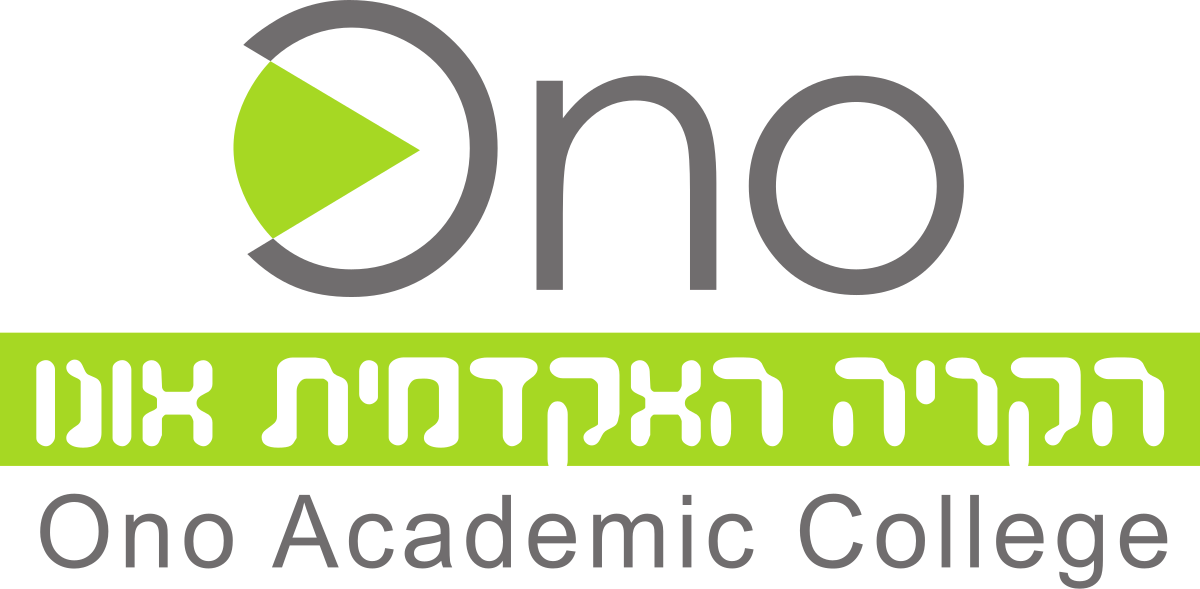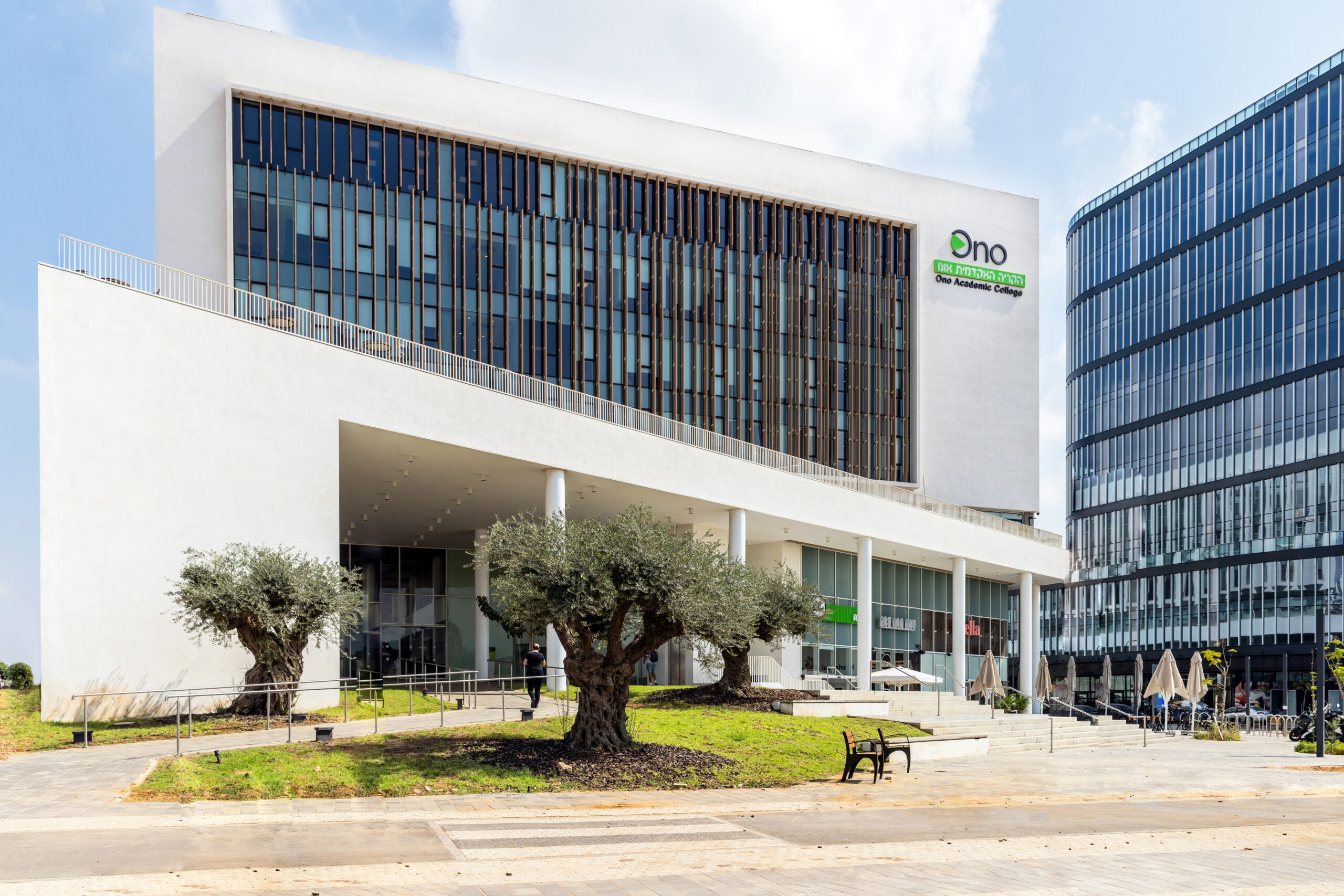Program Highlights
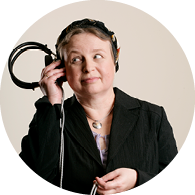
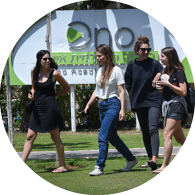
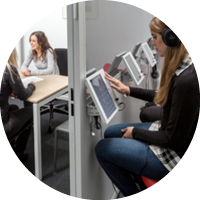
Overview
Who is it suitable for?
If you aspire to pursue a fulfilling and meaningful therapeutic career, have a passion for helping others, and wish to improve the quality of life for children and adults, the B.A. degree in communication disorders may be ideal for you. This program is perfect for those interested in the field of communication disorders and looking to work with diverse populations across all age groups.
Humans are inherently social beings, and communication lies at the heart of all social interactions.
Approximately 800,000 people, both children and adults, in Israel experience various communication disorders, including delayed language development, acquired language impairments, pronunciation issues, speech fluency and voice disorders, as well as swallowing and hearing difficulties. These challenges can arise from infancy through adulthood, impacting one’s ability to communicate effectively with others and function optimally in daily life, both as individuals and within a community.
Communication clinicians work to enhance the functioning and quality of life of their patients, enabling them to communicate as effectively as possible with their environment.
Graduates of the program find employment in various sectors, including educational settings, healthcare systems, and the private sector. They work in private clinics, high-tech companies developing communication software and language aids, hearing aid companies, as well as in NGOs and community organizations.
The Curriculum
The bachelor’s degree program in communication disorders is comprehensive, encompassing subjects from the fields of medicine, psychology, and linguistics.
As part of the program, students study a wide range of hearing, speech, language, communication, and swallowing disorders across various age groups, including children, adults, and the elderly.
The program’s team of lecturers comprises professionals holding key positions across various clinical settings and working with diverse populations. They bring a blend of theoretical knowledge and practical experience from their work in the field.
Years 3 and 4 include research seminars focusing on language, speech, and hearing.
The program offers hands-on experience from the first year, including observations, training sessions at the college’s simulation center with actors portraying clinical encounters, and fieldwork in clinical settings. Students work closely with patients across various environments, receiving comprehensive supervision and support.
Additionally, the clinical training exposes students to working with diverse age groups and populations, thanks to unique collaborations with various organizations, including general and rehabilitation hospitals, child development programs within HMOs, special education frameworks, and NGOs such as BeKol, Miha, and Ma’agan.
Among the Subjects Studied
- Introduction to Anatomy
- Introduction to Physiology
- Introduction to Genetics
- Stuttering and Fluency Disorders
- Language Disorders in Children
- Developmental Psychology
- Language Disorders in Adults
- Hearing Disorders in Children
- Dyslexia and Spelling Disorders
- Voice Disorders and Hoarseness
- Hearing Rehabilitation
- Traumatic Brain Injury
What skills will I acquire during my studies?
- Collaborating within a multi-professional team
- Diagnosing, identifying, and detecting communication difficulties (language, speech, and hearing)
- Tailoring effective treatments for individuals with language, speech, and hearing impairments
- Supporting and guiding family members and primary caregivers
- Engaging in self-learning, developing new professional skills, and applying critical thinking
- Leading research and creating tools for detecting, diagnosing, and treating speech, language, and hearing issues
Career opportunities for graduates
Graduates of the program work as communication clinicians across various public and private sector settings, including:
- Ministry of Education – kindergartens, regular, and special education schools
- Child development centers
- HMOs and daycare facilities
- Hospitals
- Private clinics
- Government offices
- NGOs
We invite you to watch an intriguing lecture by Dr. Hanna Putter-Katz on the balance system and its impact on our quality of life:
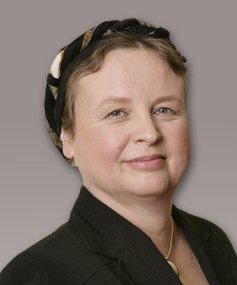
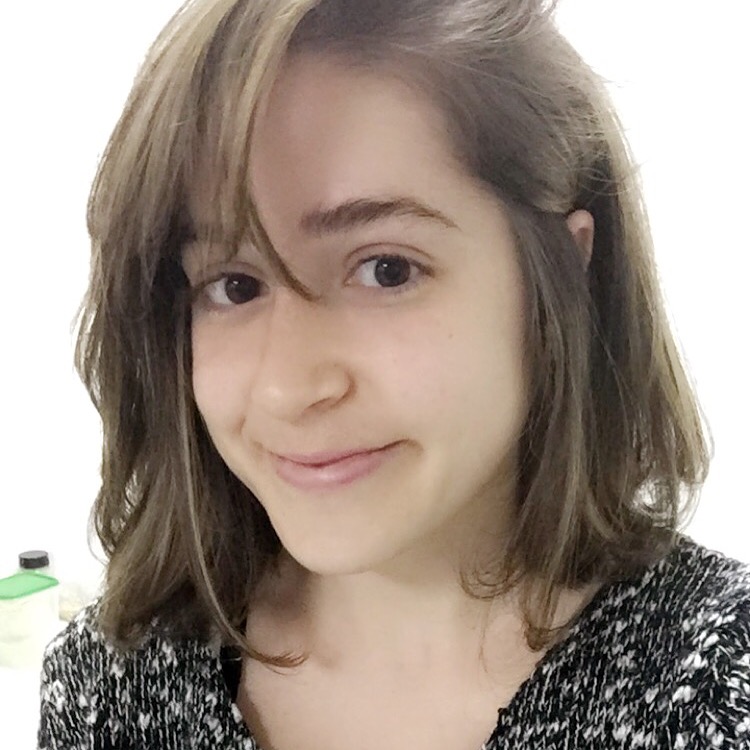
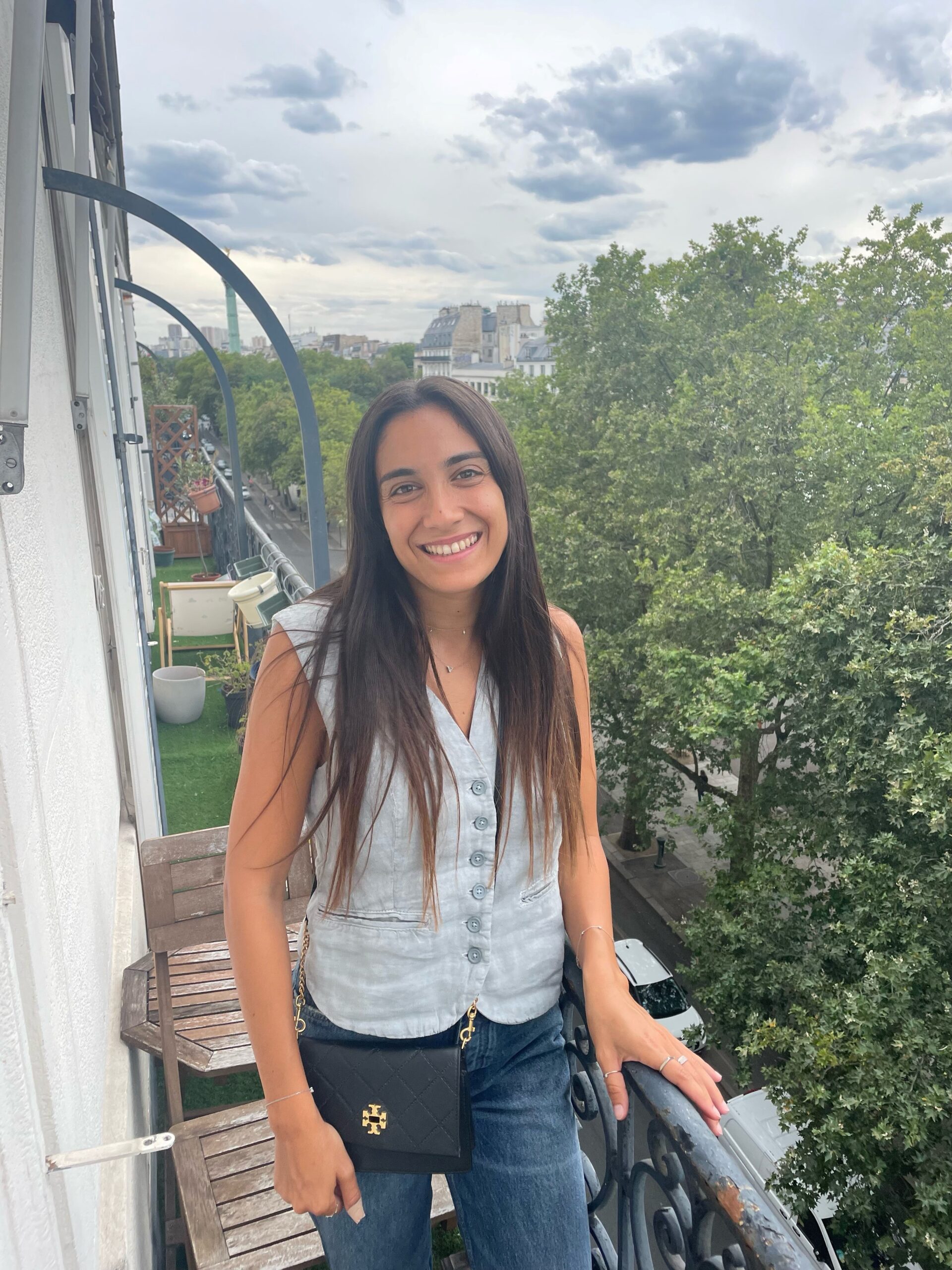
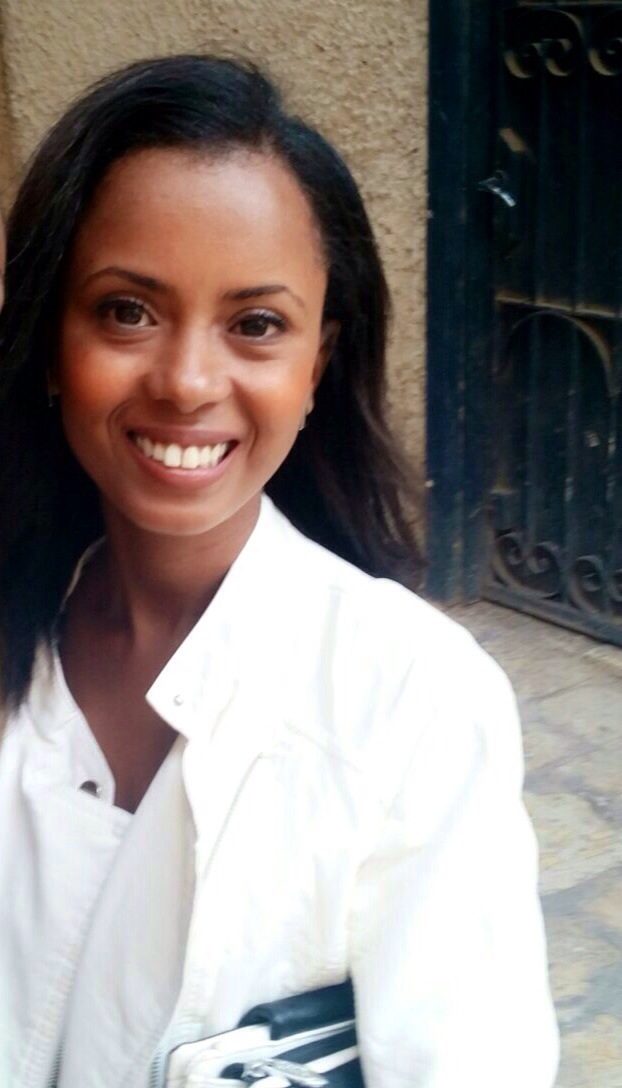
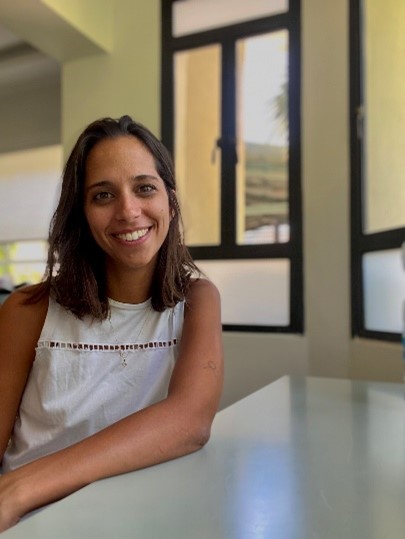
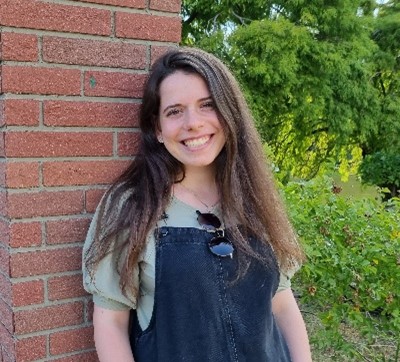
More About the Program



Acceptance requirements
Direct acceptance:
Psychometric score of 620 or higher + high school diploma + passing the admission interview + Advanced English Course A + health declaration
or
Total score of 630 or higher + passing the admission interview + Advanced English Course A + health declaration
or
Bachelor’s degree from a recognized institution with an average of 85 or higher + passing the admission interview + health declaration
Bachelor’s degree in a science-related field from a recognized higher education institution with an average of 80 or higher + passing the admission interview + health declaration
or
Eligibility for a certified master’s degree from an academic institution recognized by the Council for Higher Education in Israel with an average of 85 or higher + passing the admission interview + health declaration
or
Admission without psychometrics – Nativ course to the health professions:
Admission conditions: Eligibility for a high school diploma with an average of 90 or higher, including:
1. A score of 85 or higher in 5-credit English
2. A score of 90 or higher in 4-credit mathematics / a score of 70 or higher in 4-credit mathematics + admission interview
Study Days: Mondays and Wednesdays, 8:30 am – 4:00 pm
Course Duration: 4 weeks
Admission without psychometrics – preparation course to the health professions:
Admission requirements – high school diploma and admission interview
Study days: Monday, Wednesday, and Thursday, 8:30 am – 4:00 pm
Course Duration: 9 weeks
